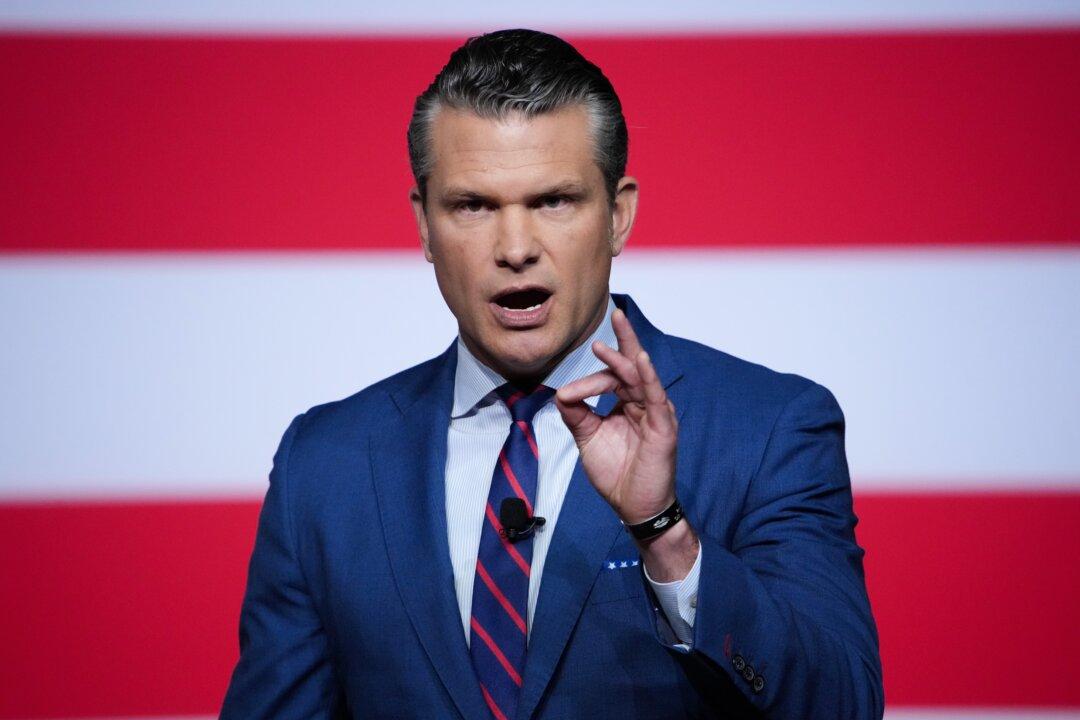While Korea is becoming known for its cosmetics, kimchee, and K-pop, hardly anyone has heard of Korean medicine.
According to acupuncturist James Shinol who recently went to Korea to learn about its medicine, this is because compared to the number of Chinese medicine doctors who’ve emigrated from their homeland, the number of Korean doctor emigrants has been very small.
Now however, Korean medicine is beginning to develop in its own right he said. So we in the West may be seeing more of it.
Shinol, who is the department chair of the Graduate School of Oriental Medicine at New York College of Health Professions, and the immediate past president of the Acupuncture Society of New York, is one of the first Americans invited by South Korea to participate in a 10-day workshop on Korean medicine. The intensive schedule of lectures and field experiences gave him a better understanding of the distinct methods of Korean medicine and he shared some of what he learned with Epoch Times.
Epoch Times: So what is Korean medicine?
James Shinol: Korean medicine is a traditional East Asian medicine, … it uses acupuncture, herbal medicine, and various other modalities as the main tools to promote health and treat disease. Korean medicine shares approximately 80 percent of the theory, points, and techniques with Chinese medicine and Kampo [Japanese medicine].
Epoch Times: Does Korean medicine ascribe to the idea that mind and body have to be balanced?
Mr. Shinol: Korean medicine also emphasizes the importance of the balance between the mind and body, especially controlling emotion and mind are the key requirements for the optimal health. Bias in emotion, such as stress, worry, anxiety, depression, and inability to maintain a calm emotional state, could lead to disharmony in qi [vital energy] and could further lead to symptoms or disease in the body. Therefore, it is important to maintain a calm mind or emotional state.
Epoch Times: What distinguishes Korean medicine from Chinese medicine?
Mr. Shinol: The biggest difference is the constitutional approach. Administration of herbal and acupuncture treatments in Korean medicine are based on the constitution [body type] of each person [rather than based on the geological features, climate, and living habits like in Chinese medicine]. Also there are differences in the dosage and prescriptions of herbal medicine. Chinese medicine uses the most, Kampo uses the least, and Korean medicine is in the middle.
Epoch Times: What techniques are the same or similar to Chinese medicine?
Mr. Shinol: Korean medicine is similar to Chinese Medicine in the use of pulse diagnosis and other differential methods such as tongue and facial inspection and extensive questioning to diagnose. It also uses acupuncture, moxibustion [burning the herb mugwort to facilitate healing], cupping, and herbs as the treatment methods.







